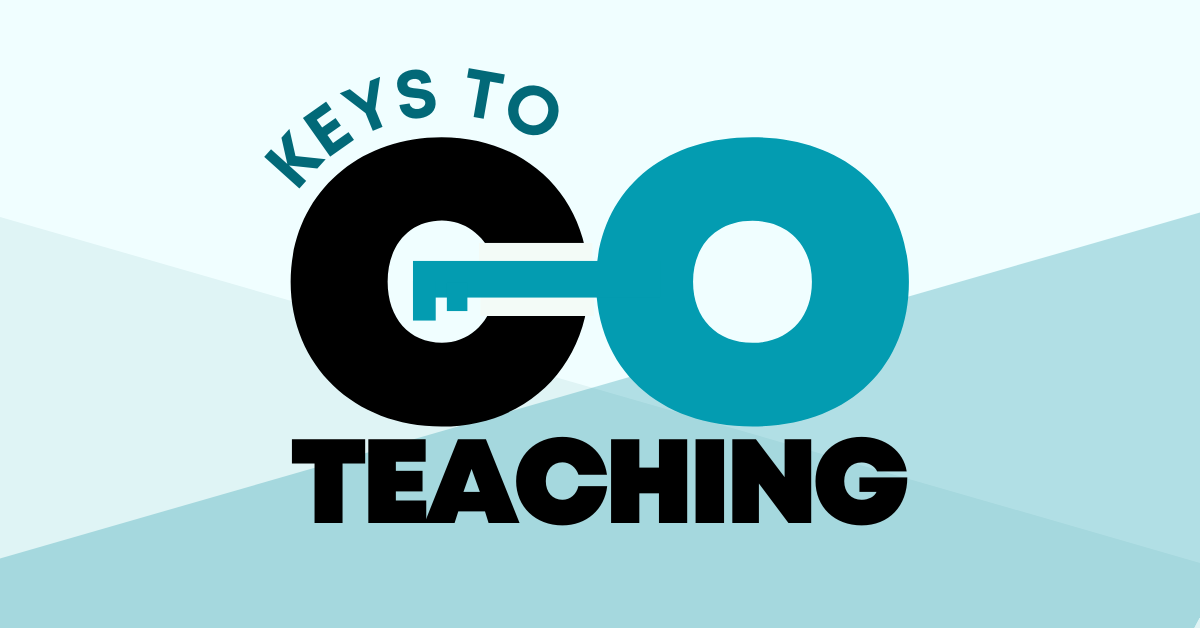|
Understanding your co-teaching partnership through the four stages of group development.
In my work as a coach, I get the pleasure of visiting many co-taught classrooms. Like with all classroom visits, I’m interested in what students are learning, and how, and what teachers are doing, and why. But I’m also interested in the subtle (and sometimes not so subtle) dynamic between teachers; I notice the polite smiles and awkward silences; or the shared glances and inside jokes; or sometimes, the eye rolls and cold shoulders. The state of the partnership itself is an important piece of the puzzle to understand how to help teachers — and therefore students — grow.
It makes sense that co-teachers are having a wide variety of experiences with each other at any given moment. Sharing a classroom with another teacher can often feel like living with a randomly selected college roommate in a tiny dorm room; there is potential for connection and camaraderie, and also so much to navigate to make the arrangement remotely functional. And with co-teaching, the goal far surpasses peaceful coexistence in a shared space, as it involves the incredibly complex endeavor of working as a team to help a diverse group of students learn and grow. Tuckman’s Stages of Group Development — a framework developed by Bruce Tuckman in 1965 and since often discussed, revised, and extended — helps us understand that discomfort and tension are an inevitable part of working with others towards a common goal. The frameworks’ four stages — Forming, Storming, Norming, and Performing — can help co-teaching teams understand where they are in the development of their partnership, and what they might do next to grow the team.
Forming
What it is In this stage, team members are focusing primarily on orienting themselves to each other and the task at hand; lots of energy is spent on identifying “the boundaries of both interpersonal and task behaviors” (p. 396). What it may look like in a co-taught classroom
What you can do Teachers in the Forming stage often benefit from additional time and space to get to know each other. These five questions can spark discussion around core values, collaboration, content, communication, and care with your co-teacher. Another option — especially if you are drawn to exploring things visually — is to create and share with each other a co-teaching body biography, as my colleague Dr. Laura Rigolosi and I have invited teacher teams to do in our workshops.
Storming
What it is Storming, according to Tuckman, is “characterized by conflict and polarization around interpersonal issues” (p. 396). This can manifest as power struggles and clashes, confusion, or lack of interest in the group. What it may look like in a co-taught classroom
What you can do If you and your co-teacher find yourself in the Storming stage of your partnership, it is first and foremost helpful to remember that this is an inevitable — and even necessary — stage in becoming a functional team. In order to move through it, reflection, listening, and collaborative problem-solving become key. Dray and Wisneski (2011) have created a mindful reflection protocol to help teachers unpack their interactions with students and examine their own assumptions and biases in order to become more culturally responsive educators. A version of the protocol I have adapted for co-teachers can be helpful in reflecting on the assumptions we are making about our colleagues, imagining alternative explanations for their actions, and hopefully gaining more understanding of where they are coming from before broaching conflict.
Norming
What it is According to Tuckman (1965), Norming is the stage in which “ingroup feeling and cohesiveness develop, new standards evolve, and new roles are adopted.” There might be mutually agreed upon processes and procedures, shared problem-solving, and a sense of belonging to a team. What it may look like in a co-taught classroom
What you can do If you and your co-teacher are beginning to get into a groove, tools that help to concretize and ritualize your collaboration and problem-solving will contribute to growth. Consider adapting or developing a planning template, like this one, to guide your work together.
Performing
What it is In this highly productive stage of group development, roles become flexible and functional, and group energy is channeled into the task. What it may look like in a co-taught classroom
What you can do Teachers don’t often get much of a chance to stop, reflect, and celebrate success, but doing so is so important for morale, for learning, and for transferring learning to new situations. If you and your co-teacher are at the Performing stage, consider engaging in a Success Analysis Protocol to better understand what made a particular practice so successful. Ideally, this would be done with a larger department, so that others can learn from the success as well.
In much of the commentary on Tuckman’s original model, there is an emphasis on the fact the model is not strictly linear; particular events or circumstances may cause a group to re-enter or revisit a stage they’ve already moved through. In the co-taught classroom, it’s easy to imagine these circumstances: you have a new student who exhibits some challenging behaviors, you have a new curriculum you must adhere to, or there is an upcoming high-stakes event like a test or observation. As Judith Stein explains, “The four stages are a helpful framework for recognizing a team's behavioral patterns; they are most useful as a basis for team conversation, rather than boxing the team into a 'diagnosis.'"
WORKS CITED
Stein, Judith. Using the Stages of Team Development. Massachusetts Institute of Technology. Tuckman, B. W. (1965). Developmental sequence in small groups. Psychological bulletin, 63(6), 384. |
|
The Center for Professional Education of Teachers (CPET) at Teachers College, Columbia University is committed to making excellent and equitable education accessible worldwide. CPET unites theory and practice to promote transformational change. We design innovative projects, cultivate sustainable partnerships, and conduct research through direct and online services to youth and educators. Grounded in adult learning theories, our six core principles structure our customized approach and expand the capacities of educators around the world.
|
ABOUT US
525 West 120th Street, Box 182 New York, NY 10027 416 Zankel Ph: (212) 678-3161 [email protected] Our Team Career Opportunities |
RESOURCES
Professional Articles Ready-to-Use Resources Teaching Today Podcast Upcoming PD Opportunities |
COACHING SERVICES
Custom Coaching Global Learning Alliance Literacy Unbound New Teacher Network Student Press Initiative |


























